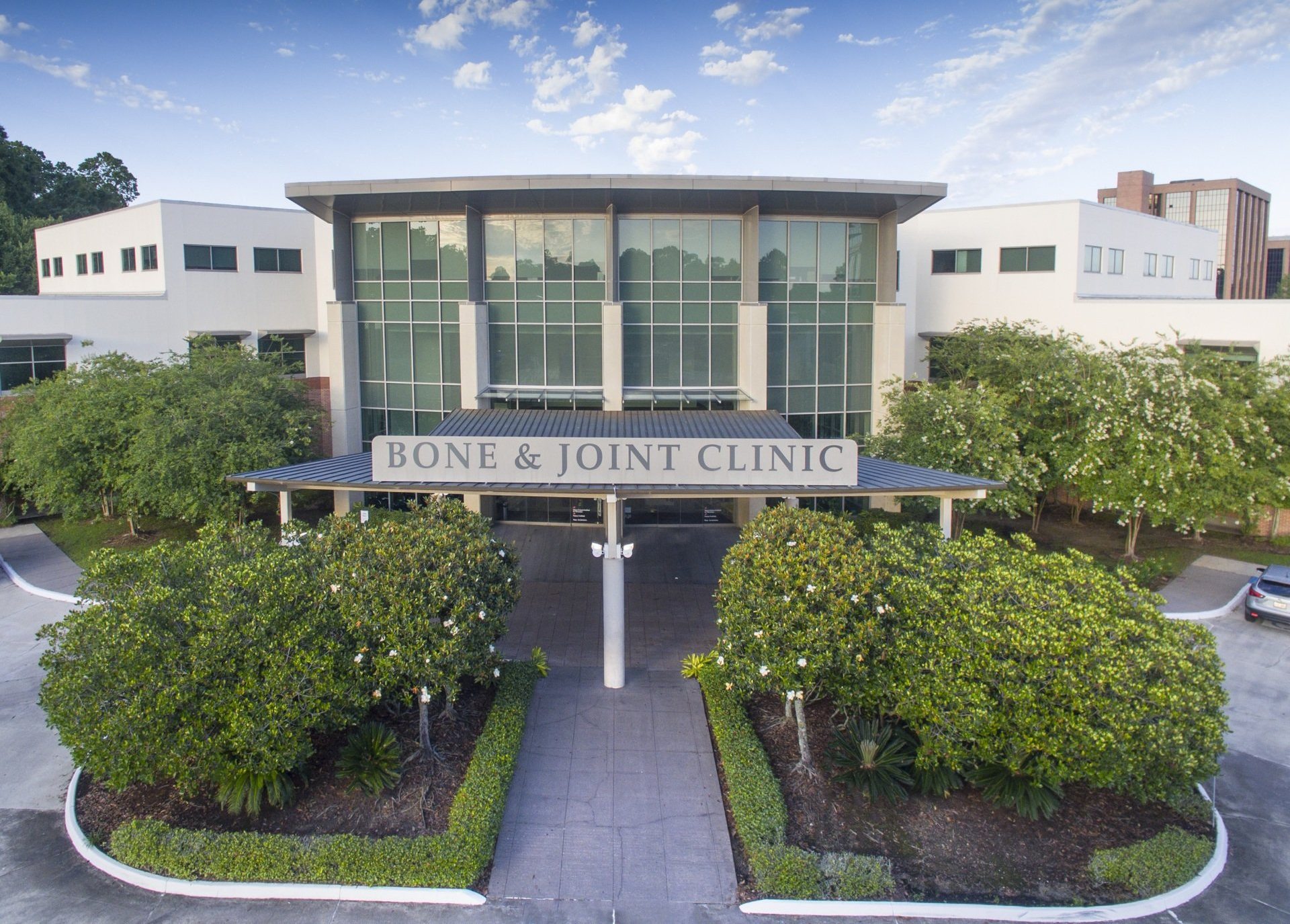Sufferers of trigger finger know the discomfort and frustration that the condition can bring to day-to-day life. With each attempt to bend or straighten the affected finger, there can be pain, popping, or a catching sensation. Some may experience decreased range-of-motion, while in severe cases, the finger may even become stuck in a bent position.
How Does Trigger Finger Develop?
Finger movement relies on a system of bones, tendons and pulleys. The flexor tendons in the hand connect the bones of the fingers to the muscles in the forearm. These tendons are held securely in place by pulleys through which they glide to provide smooth movement. Trigger finger develops when one of these pulleys becomes inflamed and the tendon can no longer move freely.
Non-Surgical Treatment of Trigger Finger
Successful treatment of trigger finger is vital to reduce inflammation and restore function. In many cases, this can be accomplished through a combination of non-surgical treatment options, including:
- Rest – Inflammation can often improve by resting the hand and reducing activity, particularly any which seems to exacerbate the condition.
- Night Splint – Splints worn exclusively at night to keep the finger straight during sleep can help the healing process.
- Pain Relievers – Over-the-counter medications such as acetaminophen and ibuprofen can be used to help control pain associated with trigger finger. Ibuprofen and other NSAIDs also have the added benefit of fighting inflammation.
- Cortisone Injections – Cortisone is a powerful anti-inflammatory steroid that may be injected into the site of inflammation to bring prolonged periods of relief and help promote healing.
Surgical Treatment of Trigger Finger
For those who have considerable pain or loss of function associated with their condition or for whom non-surgical treatments prove ineffective, surgery is an option to be considered. Known as trigger finger release, or tenolysis, trigger finger surgery relieves the condition by releasing the inflamed pulley and once again allowing the flexor tendon to glide smoothly. The procedure is typically done in an outpatient setting and may either be performed through a small incision in the palm or with an ultrasound-guided needle through the skin.
Recovering from Trigger Finger Surgery
Both surgical methods for trigger finger release are very low risk, with most patients experiencing full recovery without lasting complications. Following the procedure, a compression dressing will be applied. This dressing will need to be kept clean and dry until its removal a day or two after surgery. If an incision was made, any non-dissolvable sutures can be removed within 10 to 14 days. If pain or swelling should occur following the procedure, patients can find relief through ibuprofen, ice therapy, and hand elevation.
Trigger Finger Surgery in Baton Rouge
Orthopedic physicians at Bone and Joint Clinic of Baton Rouge diagnose and treat all manner of conditions affecting the hand, including trigger finger. To have your condition evaluated by one of our highly skilled hand specialists, contact our office to request an appointment.




